We give keynotes and trainings across the United States and abroad on a regular basis to promote online safety, digital citizenship, resilience, empathy, and more.

Drug Availability on Social Media
NOTE: Since April 2020, we have been offering every one of our presentations and trainings in virtual modalities (e.g., Zoom, WebEx, Teams). Reach out if you need specifics, as we’ve optimized the way we engage with our audiences from afar! This training will help parents, educators, and other youth-serving adults understand how online environments can contribute to […]

Preventing Bullying and Cyberbullying by Building Hope
NOTE: Since April 2020, we have been offering every one of our presentations and trainings in virtual modalities (e.g., Zoom, WebEx, Teams, Hopin, Skype). Reach out if you need specifics, as we’ve optimized the way we engage with our audiences from afar! With the development of positive psychology over the last few decades, practitioners have […]

Coaches, Student Athletes, and the Misuse of Social Media
This talk helps coaches know what to convey to student athletes about their digital reputation and online choices so they are best positioned for their future.
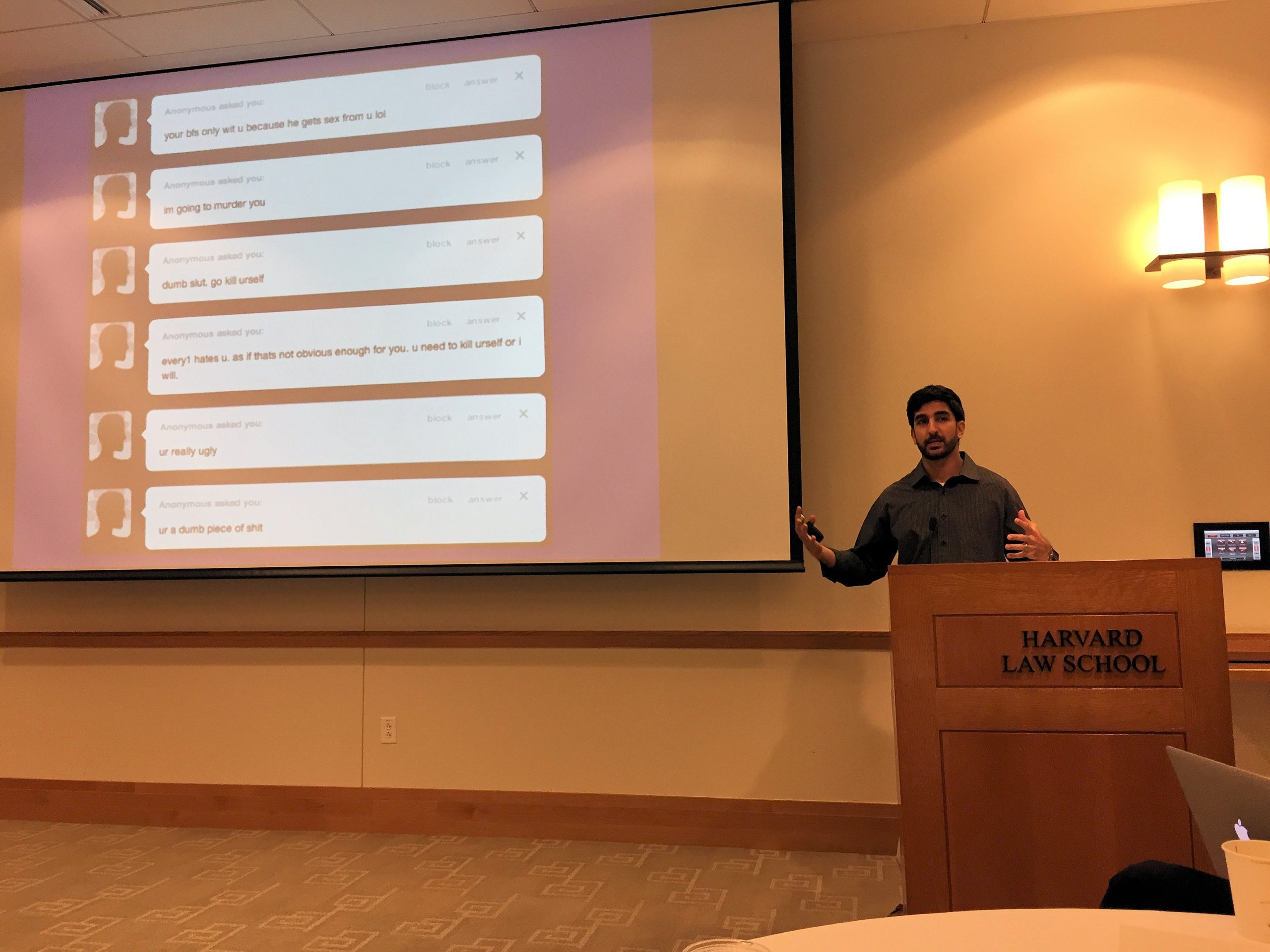
AI Solutions to Cyberbullying and Social Media Abuse
We discuss how developments in AI through machine learning can help reduce cyberbullying and toxicity online, and promote the positive use of social media over time.

Bullying Prevention Through Empathy Building: Getting Students to Care
This presentation provides youth professionals with a toolbox of actionable best practices to help cultivate empathy among students in order to reduce bullying and cyberbullying.
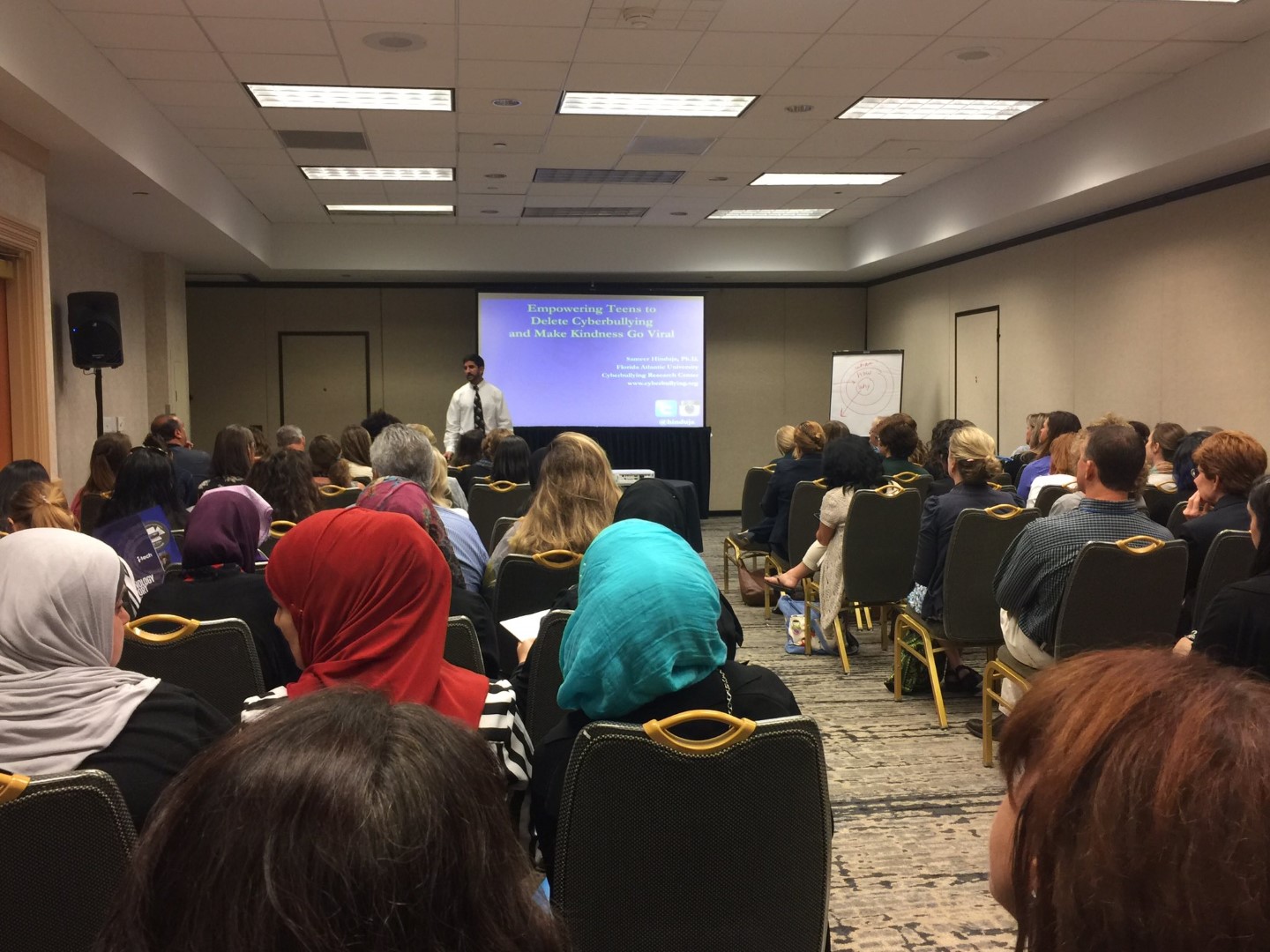
Empowering Teens to Delete Cyberbullying and Make Kindness Go Viral
This talk will teach educators how to lead students in transforming their schools and communities through bullying prevention and kindness initiatives.
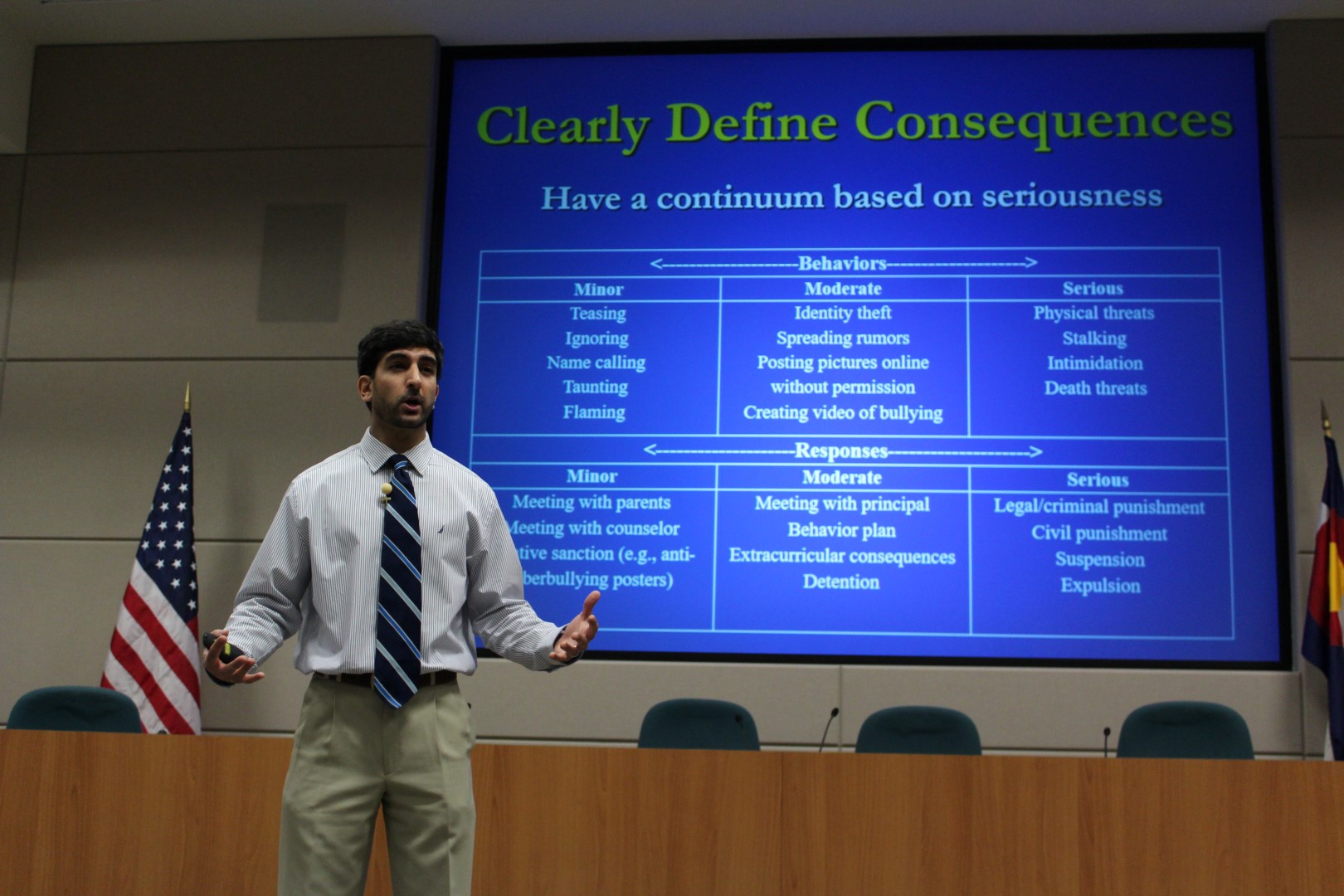
Cyberbullying: Actionable Strategies for Administrators
This talk will teach administrators how to structure their policies, programs, and practices to respond to cyberbullying and promote appropriate student interactions.
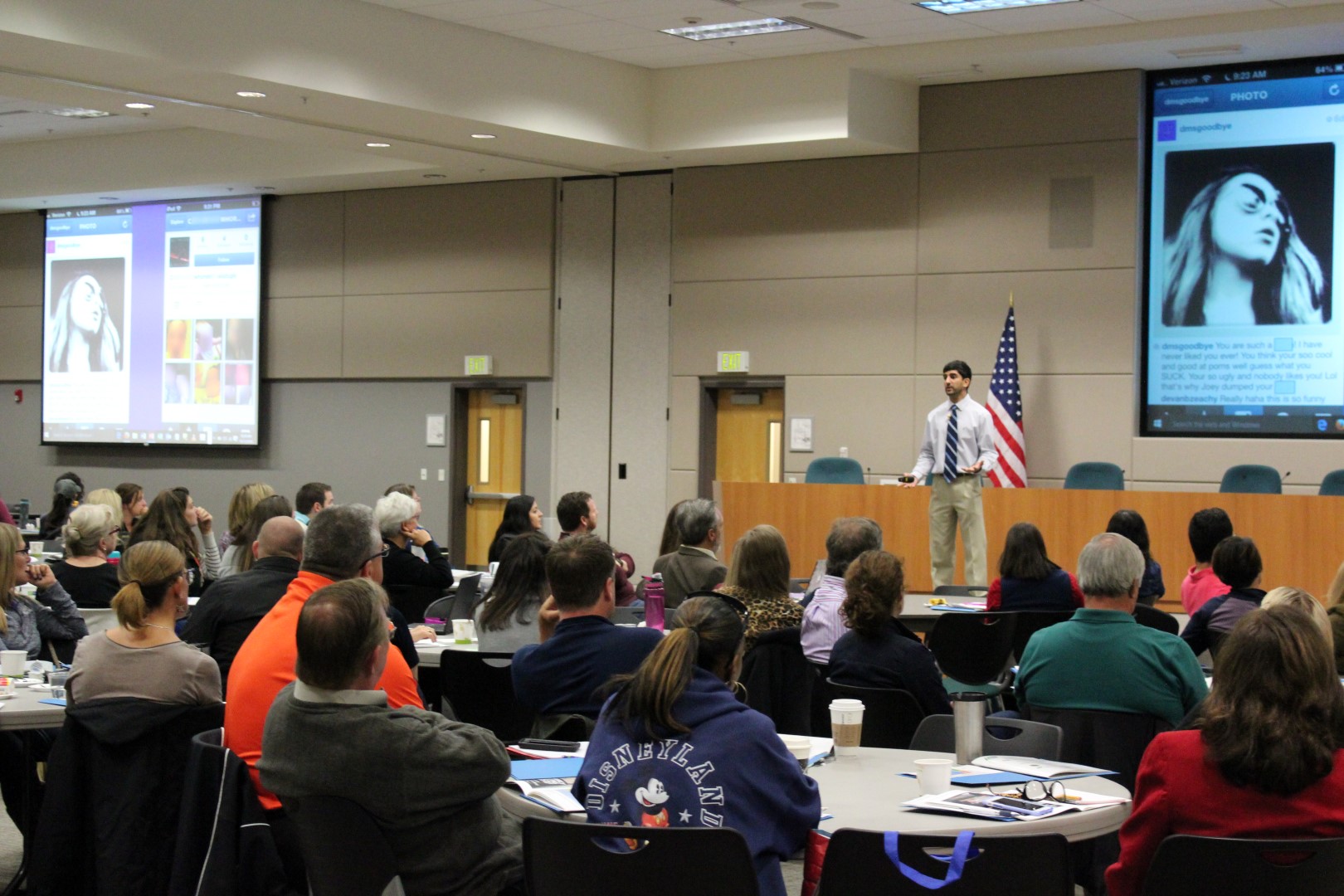
Bullying and Cyberbullying: How Schools Can Help Parents Do Their Part
This talk will teach participants to help educators form an alliance with parents to address bullying and cyberbullying where both realize they need to work together.
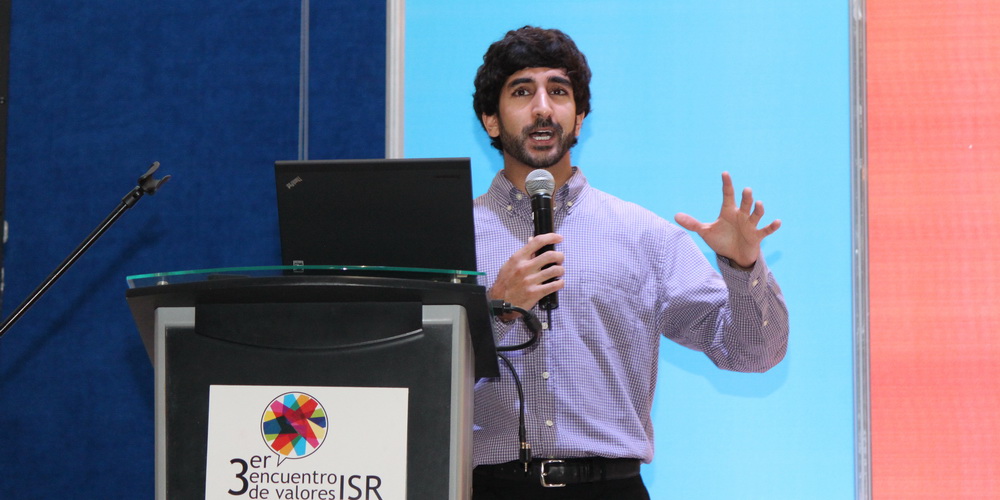
Digital Reputation: What Your Students Need to Know and Do
This presentation stresses the importance of digital reputations and the (mis)use of social media, and helps you teach them how to represent themselves positively online.
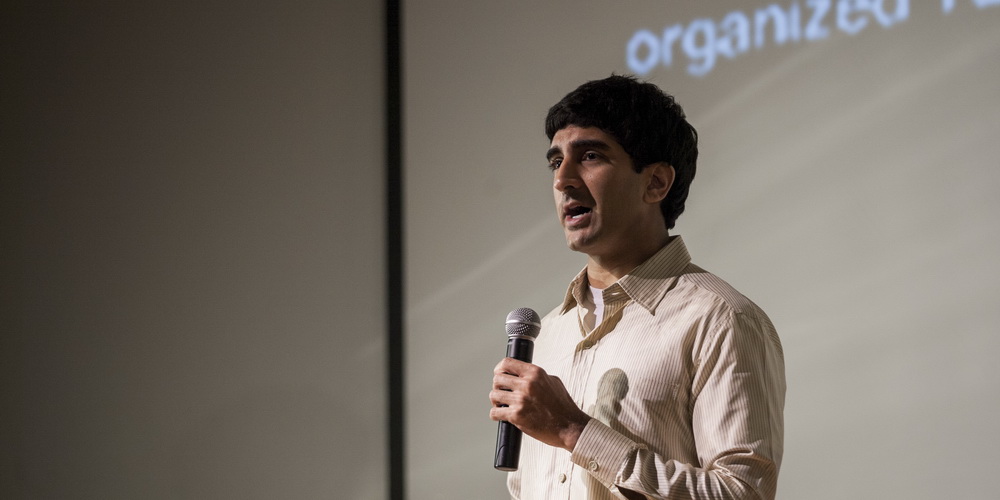
Sexting, Digital Dating Abuse, and Other Online Relationship Issues
This talk will teach participants to learn what the research currently says about the prevalence, motivations, and implications of sexting…

